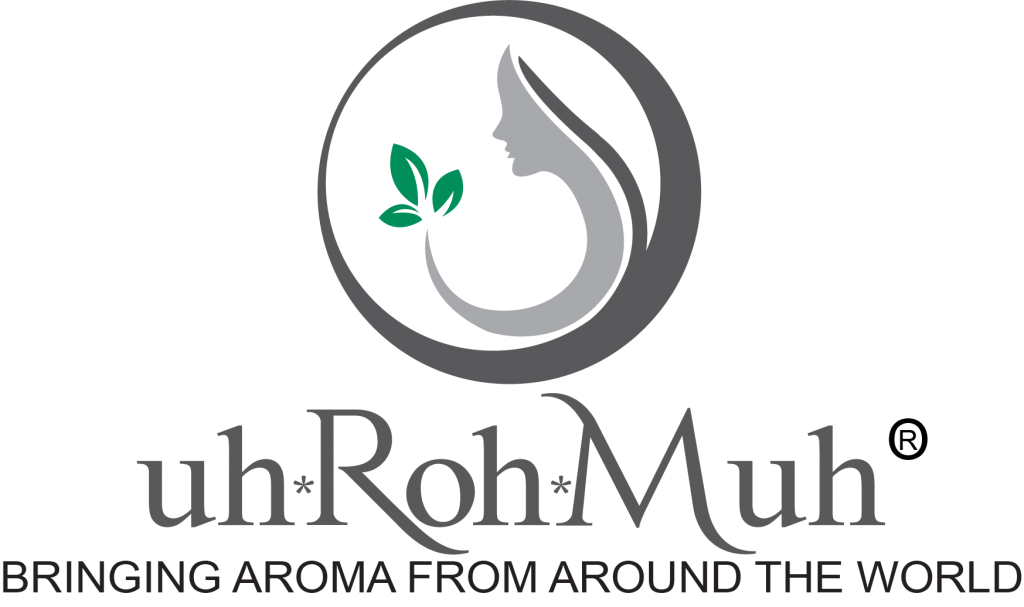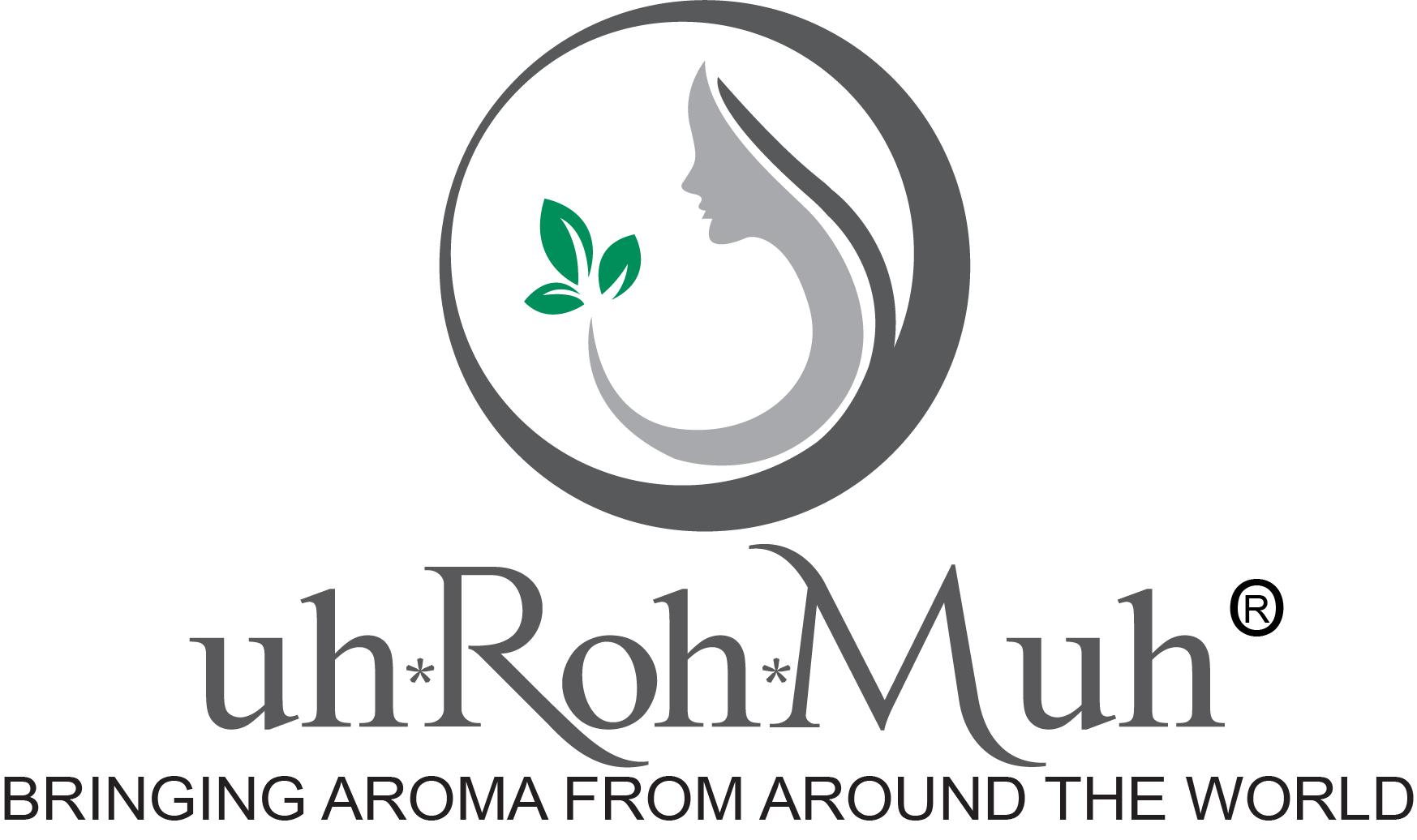Cassia Essential Oil
Cassia & the Cassia Essential Oil is indigenous to China and Burma, and is sometimes called Chinese cinnamon or cinnamon bark. It is considered a ‘hot’ oil, (hotter still, but sweeter than cinnamon essential oil), making it especially good for immune boosting and detoxification. The genus of Cassia is cinnamomum cassia, and even though it sometimes acts as a substitute for cinnamon, its uses go far beyond the culinary. Its aromas are strong, spicy, woody, and balsamic, the liquid itself presenting as a medium thick, yellow-amber to reddish-brown liquid.
Cassia essential oil in history
Cassia oil has been known in Chinese medicine for more than 5,000 years. Prized for its exotic aromas and flavors as much as for its medicinal benefits, it is mentioned throughout history in connection with holy ritual as well as medicine.
Cassia essential oil might be most famous for its biblical connections: it was one of the components of the anointing oil recipe given to Moses in Exodus 30:22-33. It was intended for Moses to make holy the articles of the Tabernacle, and in the ordinance of the priesthood. Those who were anointed or who touched the anointed objects would then become ‘most holy.’ At first, this practice was reserved solely for the priesthood, but later was extended to the nobility, prophets and kings. It was prohibited for use by commoners or those outside the church, and the local people were forbidden to try to duplicate it for themselves.
The tree itself is native to China, and its chemical components include cinnamic aldehyde, cinnamyl acetate, linalool, benzaldehyde, and chavicol. The oil is steam distilled from the leaves, and it is quite dark in color due to its high tannic content. For this reason, it is not often used in perfumery. The most common uses for cassia oil are in aromatherapy, and also for household, culinary, and pharmaceutical preparations.
It should be noted that cassia essential oil is a skin irritant and should never be used undiluted. Cassia oil is produced in large quantities by many different manufacturers, and because of this you run the risk of purchasing an oil that has been adulterated – which is never good for therapeutic purposes.
Cassia oil uses
Cassia essential oil is probably best known for its antiemetic and stimulant qualities, but it has many other versatile applications in aromatherapy, as a household disinfectant and an all-around antimicrobial.
- Anti-nausea: instantly calms the stomach and the mind, and has been known to stop vomiting attacks.
- Anti–diarrheal: controls episodes of diarrhea by binding the bowels, and reduces inflammation and microbial sources that may be the underlying cause.
- Digestive aid: relieves and eliminates gas and promotes good digestive health.
- Antibacterial: kills several types of foodborne bacteria very quickly, and is also effective at killing bacteria on surfaces around the house.
- Anti-arthritic: stimulates the circulation, helping to bring warmth to your aching, arthritic joints. Prevents or inhibits inflammation in your body as well as your joints.
- Antiviral: gives you good protection against the common cold and influenza, as well as shortening the duration of such an illness.
- Cosmetic: used in soaps, shampoos, hair products and oral preparations, where it is noted for its astringent qualities as much as its heady scent.
- Anti-depressant: stimulates your senses and creates an uplifting feeling in both body and mind while helping to alleviate stress and support an overall feeling of wellbeing.
- Alleviates menstrual and PMS symptoms: combats several symptoms that are associated with PMS and menstrual syndromes, including cramping, bloating, mood swings, depression, abdominal pain and muscle cramps.
- Circulation/immune booster: stimulates your blood flow, pumping oxygen and nutrients into all of your body parts thereby boosting your immune system, relieving pain and reducing harmful inflammation.
- Fights fever: lowers body temperature, which may help to reduce a fever due to a cold or the flu.
- Astringent: contracts blood vessels and tightens the skin. Good for your hair and gums, and also lifts and tightens the skin. Shrinks exposed tissue, and is a good mucous solvent.
Contraindications
Cassia essential oil is a very strong skin irritant, and topical use should be avoided for those who have sensitive skin, dermatitis or allergies. If you are pregnant, lactating or breastfeeding, cassia oil should be avoided as it can inhibit milk secretion. Can cause a drop in blood sugar levels, so if you are diabetic be sure to monitor your sugars closely. Consuming large quantities may cause liver damage, especially if you are using other liver-harming drugs like acetaminophen: do not combine cassia and Tylenol unless you are under the direct guidance of a qualified practitioner. As with all essential oils, heed dilution ratios very closely. Because cassia is a ‘hot’ oil and is a known irritant, extra caution should be taken when using topically.
Disclaimer
These statements have not been evaluated by the Food and Drug Administration. This product is not intended to diagnose, treat, cure or prevent any disease. If you are pregnant, nursing, taking medication, or have a medical condition, consult your physician before using this product.




You must be logged in to post a comment.